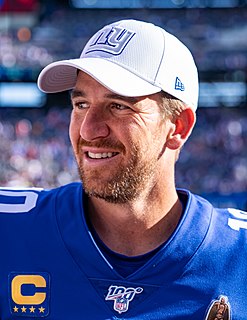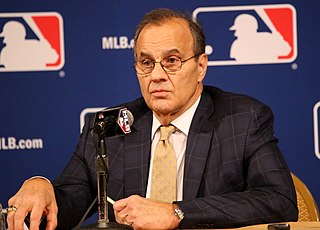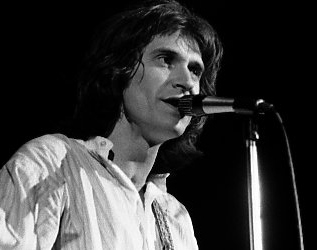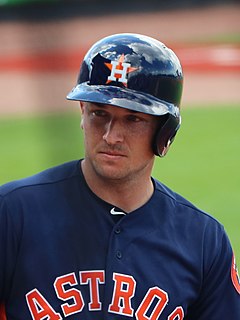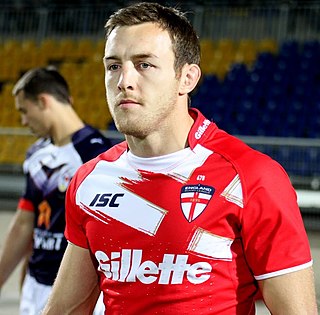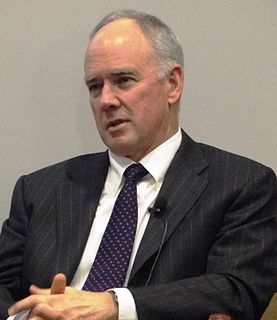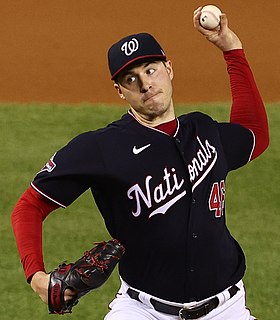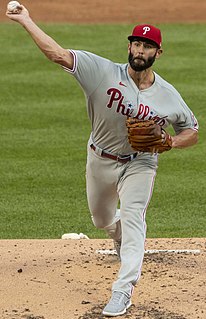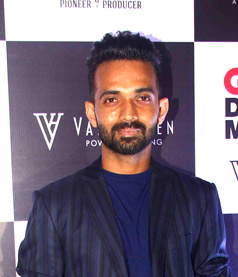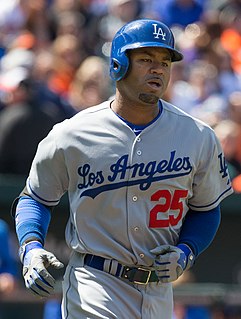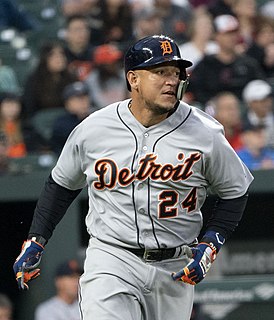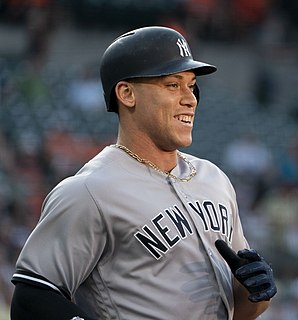A Quote by Eli Manning
Strike one is a big, big pitch-you can do a lot after you get strike one, no matter how you get it.
Related Quotes
We are on strike, we, the men of the mind. We are on strike against self-immolation. We are on strike against the creed of unearned rewards and unrewarded duties. We are on strike against the dogma that the pursuit of one's happiness is evil. We are on strike against the doctrine that life is guilt.
I accept that friends of ours have decided that the President's non-strike has somehow impacted perceptions of us. But I believe they are dead wrong and I think the critics are dead wrong, and here's why. The President [Barack Obama] made his decision to strike. He announced his decision to strike publicly. And the purpose of the strike was to get the chemical weapons out of Syria. That's the purpose.
I'm the kind of guy who, if I look inside and they throw me a fastball outside, and it's a strike, I'm going to swing. Everything in the strike zone, I'm going to swing. Doesn't matter if it's a fastball, changeup, breaking ball. If it's in the strike zone and it's something you like, you've got to swing.
Some guys, first pitch of the at-bat gets called a strike - maybe it's a ball off or below their knees, and it gets called a strike - and then the next two pitches, they swing at balls in the dirt, and all of a sudden, they're yelling at the umpire about that first pitch. You just swung at two balls in the dirt, buddy.
